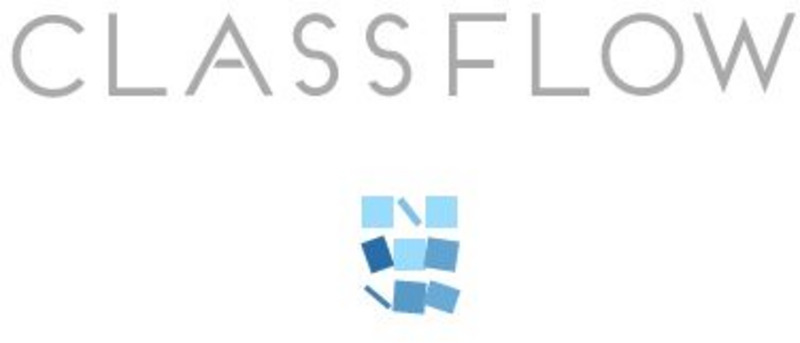Hi, what do you want to do?
ClassFlow
Class Flow: Calendar
[Free Registration/Login Required] This flipchart can be used during morning circle time. It includes days of the week, months, place value (days in school), money. This lesson is intended for grades K-2





